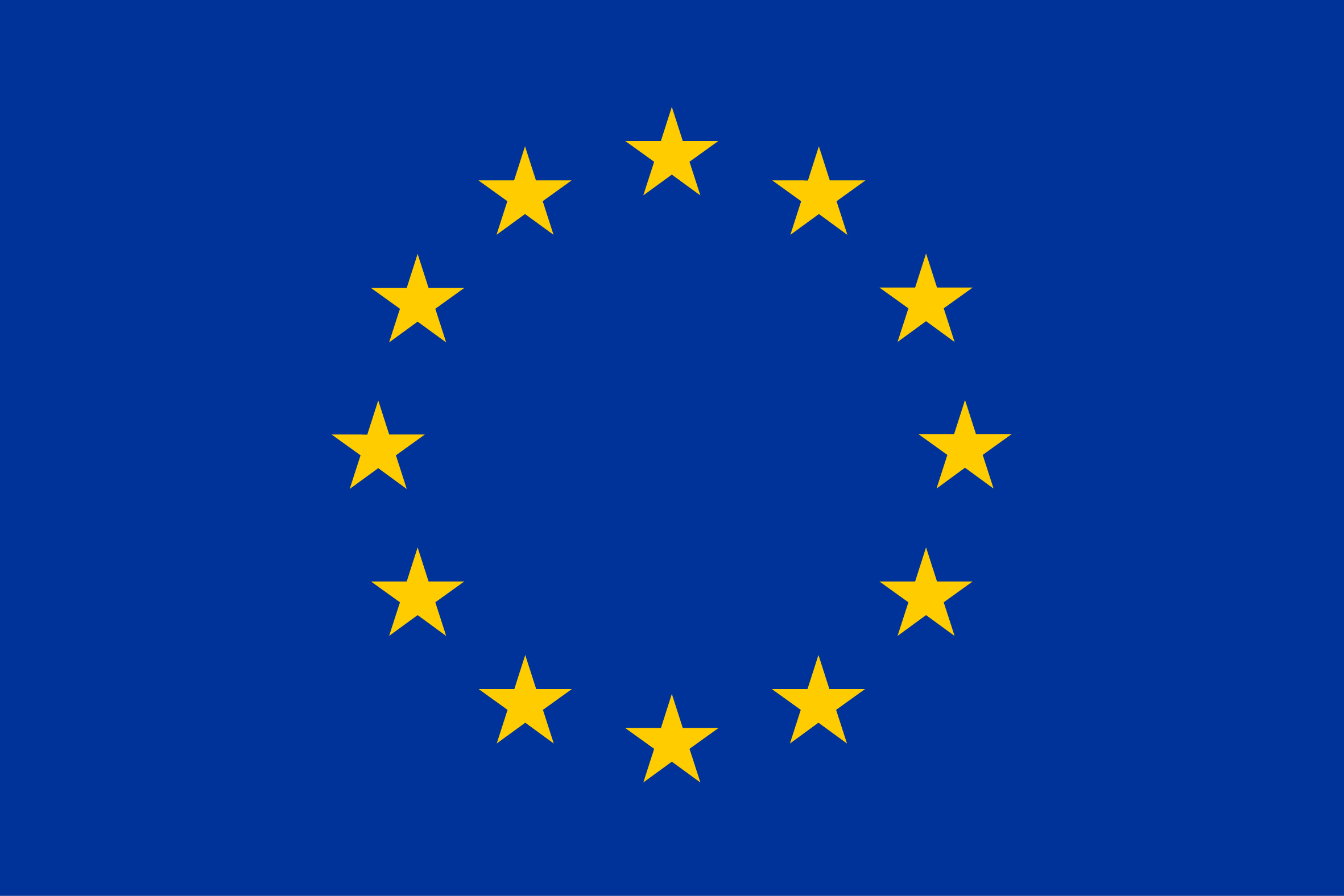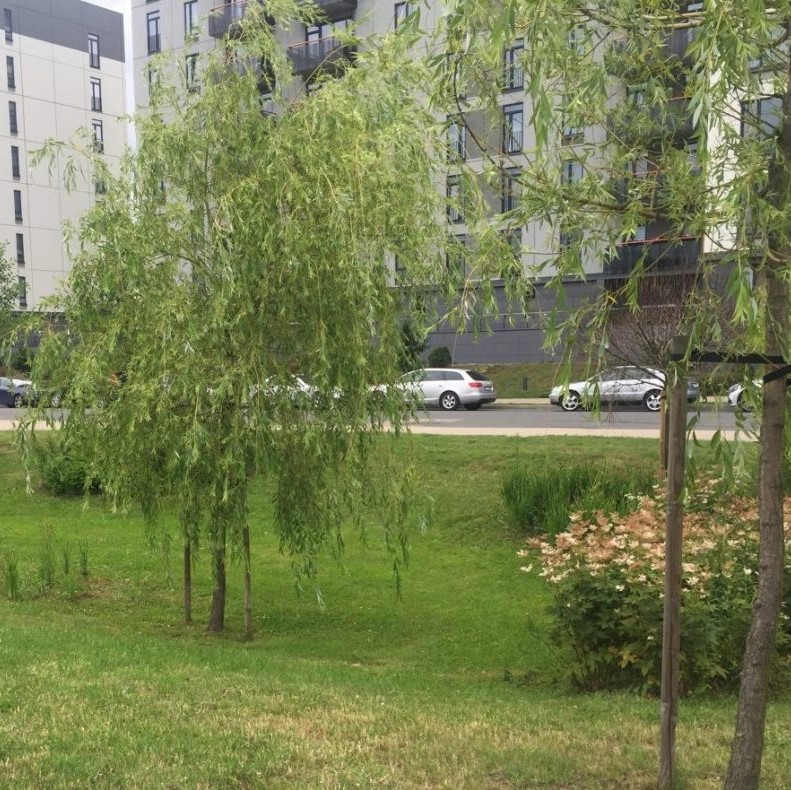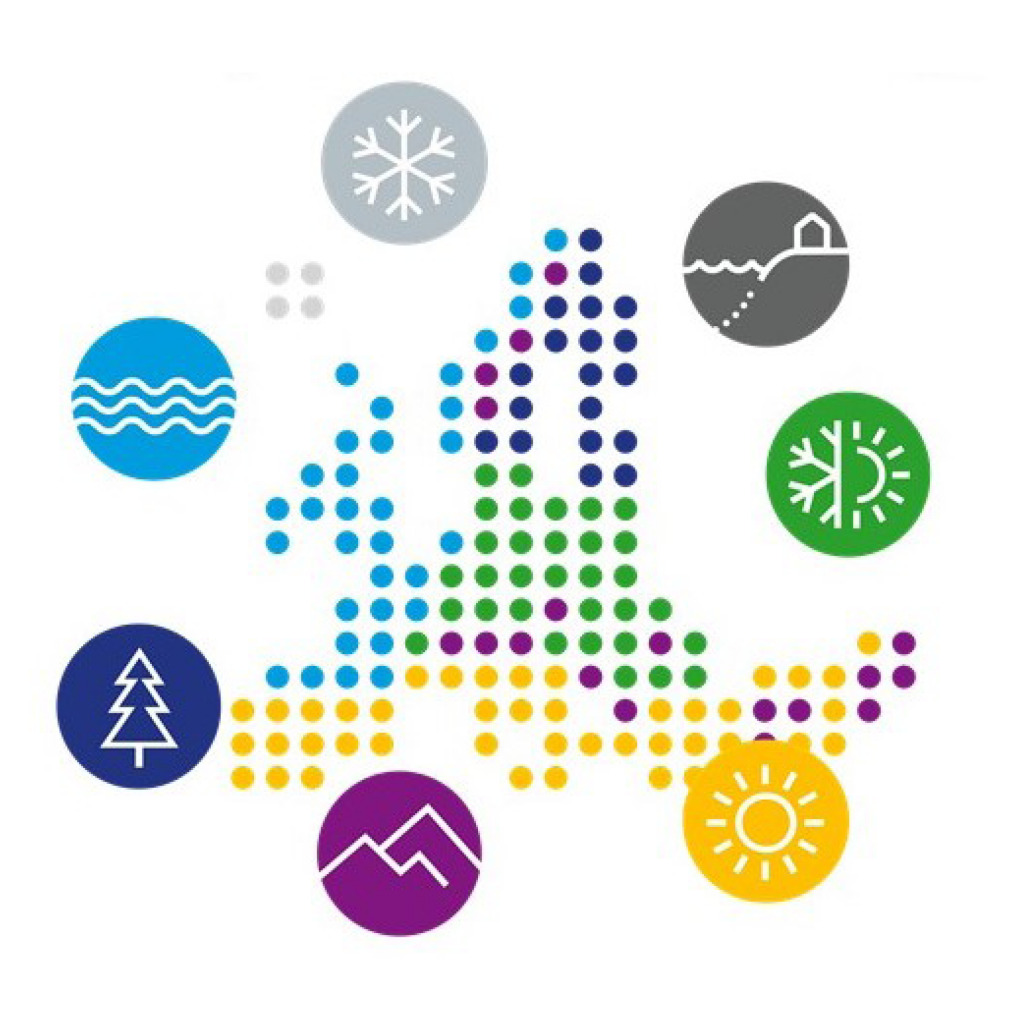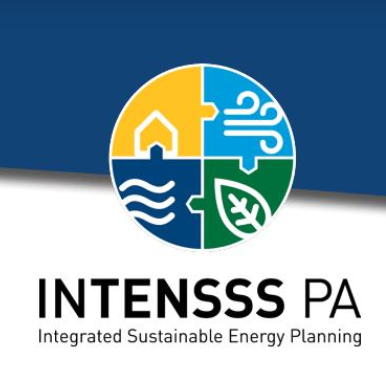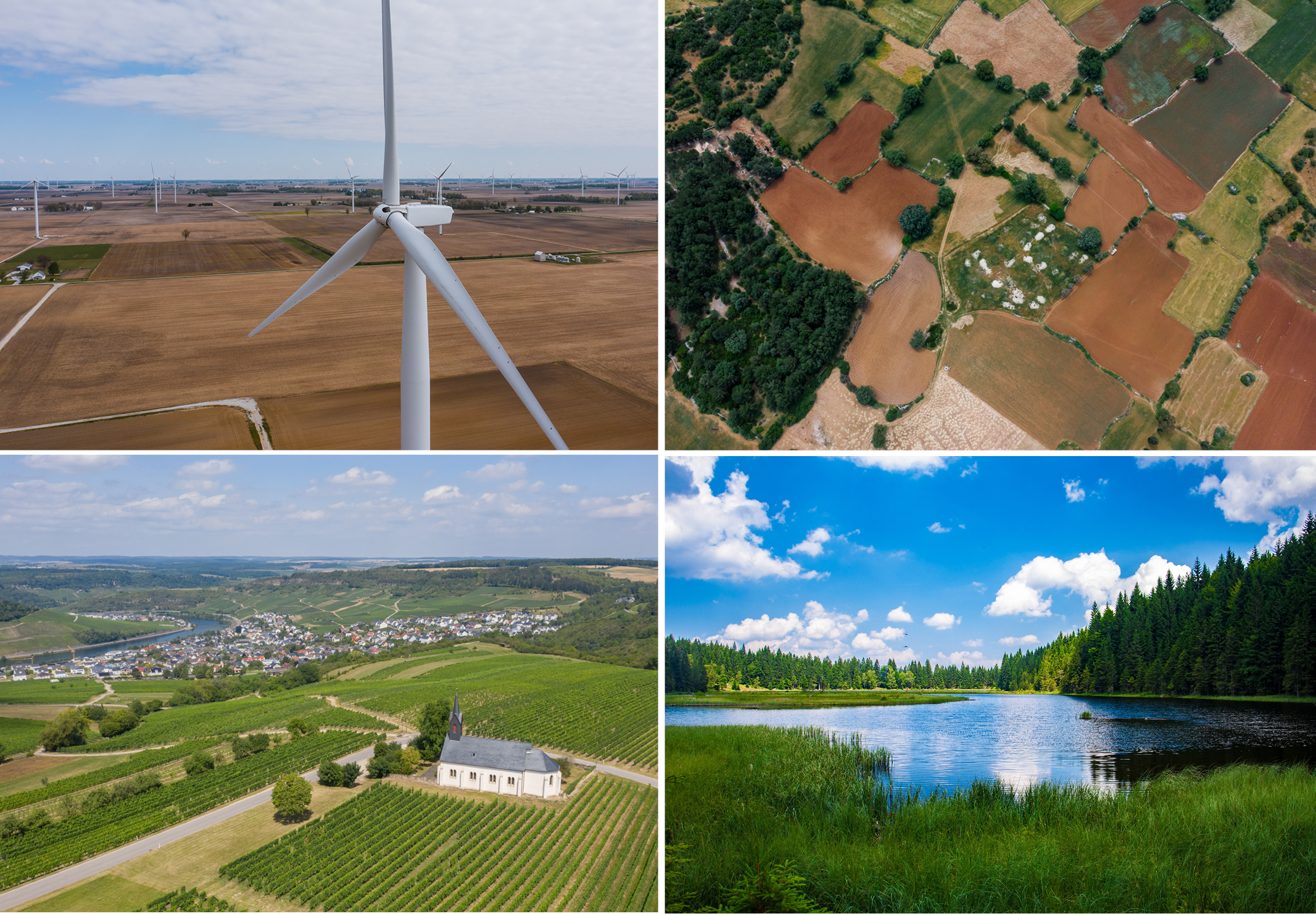
New project aims to help improve policies related to water, energy, food and ecosystems.
Artificial intelligence and machine learning are among tools to be used to assess the water-energy-food-ecosystem (WEFE) nexus in a new project coordinated by IHE Delft.
The NEXOGENESIS project, financed by the European Commission, aims to support the development of policies that manages resources effectively.
Water, energy, food and ecosystems form an interconnected nexus that is central in providing resources and services needed to sustain human activity. The nexus is affected by changes in climate, precipitation and land cover as well as economic development, agriculture and urban growth. Currently, humans are extracting resources at a faster rate than they are replaced, thereby deepening resource and ecological deficits. Through the four-year NEXOGENESIS project, which starts 1 September 2021, IHE Delft and 19 partners will support the development of policies that address the nexus interconnectedness at several levels to manage resources effectively and avoid conflicts between users.
The complex water-energy-food nexus is poorly understood, and ecosystems are often not considered as an integral part of the system. In addition, policies for each sector are often developed in isolation, with insufficient consideration of the impact on the WEFE nexus. This poses a challenge that stakeholders, policy makers and academics engaged in NEXOGENESIS will help address by developing and validating a coherent cross-sectoral policy-making framework that addresses climate and socioeconomic change, as well as stakeholder behaviour and transboundary issues.
Using artificial intelligence and machine learning techniques, the consortium partners will develop a Self-Learning Nexus Assessment Engine that will support the streamlining of water-related policies into the WEFE nexus. The engine will enable users to quickly and comprehensively explore potential impacts of nexus-related policies in different plausible climate and socioeconomic future scenarios to help them develop optimal policies. A Nexus Footprint indicator monitoring the status of nexus components will track progress of policy objectives.
“With four case studies in Europe and one in southern Africa, strong stakeholder engagement and output validation, NEXOGENESIS is expected to contribute enhanced cooperation, improved policy making processes and better policies,” said project leader Janez Susnik, IHE Delft Senior Lecturer in Water Resources Management. “The project also aims to help the EU achieve targets related to the Water Framework Directive, a greener common agricultural policy and Green Deal and water diplomacy ambitions.”
YouTube video here
Project details
- Project name: NEXOGENESIS
- Project management: IHE Delft
- Funded by: European Union’s Horizon 2020 research and innovation programme
- Operational time: 09/2021-08/2025
- Project number: 101003881
- Project homepage: https://nexogenesis.eu/
Project partners
IHE Delft, KWR Water Research Institute, EURAC Research, CMCC, Helmholtz Centre for Environmental Research, EURECAT, Wageningen Research, National Technical University of Athens, Ca’Foscari University, University of Tours, Uppsala University, University of Thessaly, Baltic Environmental Forum, Jones and Wagener, GAC, Business Development Group, Tamara Avellan, Municipality of Nestos, Municipality of Gotse Delchev and Water Europe.
Contact persons
- Daina Indriksone
- Ingrīda Brēmere
- Dace Selga
